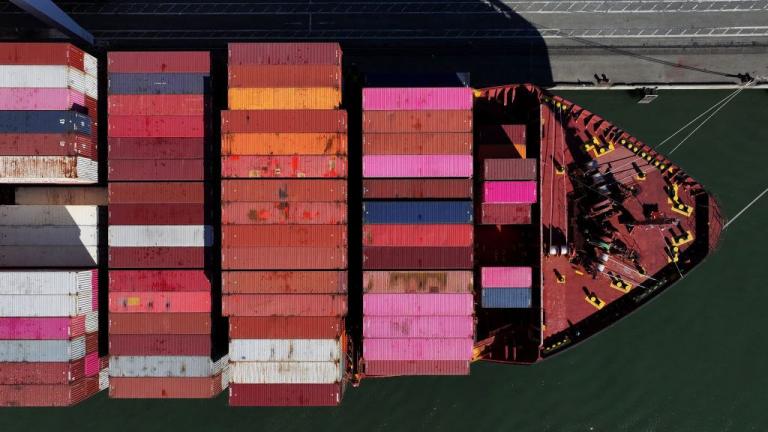It’s Wednesday, July 6, and India has begun an ambitious effort to halt plastic pollution.
In India, a much-anticipated plan to drive down plastic pollution began last week when the country officially banned 19 single-use plastic items. As of July 1, products like plastic cups and straws are illegal to produce, import, or sell anywhere within the country.
The policy, which was first announced last summer, represents India’s strongest attempt yet to rein in its plastic pollution problem. Previous bans have only targeted specific regions such as the western state of Maharashtra. According to the Minderoo Foundation, an Australian philanthropic organization, India generates some 5.5 million metric tons of plastic waste per year — more than any other country except the United States and China — and much of this waste ends up in unofficial dumps or as litter polluting the natural environment.
Although the plastics industry opposed the national policy, Bhupender Yadav, India’s environment minister, declined requests that its implementation be delayed. “We gave one year to find alternatives and that time is up,” he told journalists last week. Those who violate the ban may receive fines or jail sentences.
Other jurisdictions are also moving to limit single-use plastic items — part of a movement that some are calling a global “war on plastic.” The European Union, for example, implemented a policy last year banning a wide range of single-use plastic items including straws, plates, and cutlery. China began phasing out single-use plastic bags in 2020. In the U.S., California passed a historic bill last week requiring single-use plastic packaging and foodware to be reduced 25 percent by 2032, and even more ambitious legislation has been proposed in New York state.
Environmental advocates have cheered India’s announcement but raised questions about its enforcement — and the many types of plastic not covered by the ban. “We still have 100s of single-use plastic items in the market, and India is FAR AWAY from being plastic free,” tweeted Vimlendu Jha, founder and executive director of the Indian environmental nonprofit Swechha.
In the news
Hundreds rescued as Sydney suffers 4th flood in less than 18 months
Michael E. Miller, The Washington Post
➤ Read more
Italy faces national climate emergency to add to debt woes
Marco Bertacche and Chiara Albanese, Bloomberg
➤ Read more
A lethal tick-borne disease is spreading in the US, driven by climate change
Zoya Teirstein, Grist
➤ Read more
Who pays for climate change? The Peruvian suing a German utility.
Camilla Hodgson, Financial Times
➤ Read more
A 2,700-mile cycling race is now even more extreme
Sabra Boyd, The New York Times
➤ Read more


